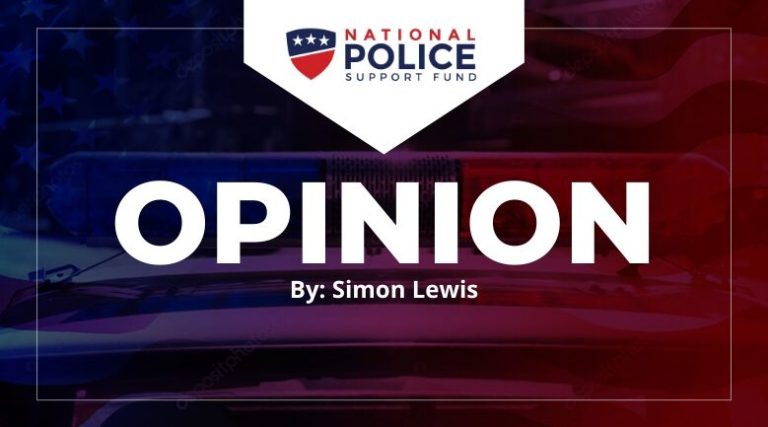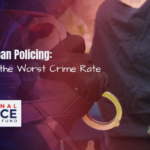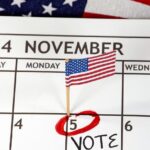My name is Simon Lewis, and I’m the Executive director of National Police Support Fund. National Police Support Fund is a political organization founded in 2017 in order to provide law enforcement officers and their supporters a platform in the political stage and hold anti-police politicians accountable. As you’re aware, qualified immunity has been a hot-button issue for years now as municipalities and jurisdictions struggle with the question of what to do about police misconduct. I wanted to provide a few thoughts on the topic here.
Qualified immunity, though a multi-faceted and complex issue, boils down to providing law enforcement officers with immunity from being held personally liable for anything that occurs, or they cause to occur, while on the job. This broad definition includes everything from property damage caused during a chase, for example, to bodily injury, to verbal threats or mis-application of procedure or law.
On its face, this appears to be very powerful immunity for officers, but upon closer inspection I don’t believe it strays much further from the immunity afforded in many other industries to workers while performing their assigned functions.
The removal or reduction of qualified immunity can lead to inaction by police officers and departments over fears of repercussions to them personally. When funding and staffing are at all-time lows, law enforcement officials must prioritize which calls are responded to and which can be logged and placed in the queue for action in the future. Departments may make the decision, correct or not, to classify “riskier” calls as lower priority in order to avoid putting officers in a position where they have to decide to risk their livelihood by responding.
Qualified immunity mitigates risk to the public and the police departments. Law enforcement officers must make snap, split-second, gut decisions based on myriad circumstances and their previous training and experiences to do what they think is right in a very stressful moment. Vital seconds tick by as responses and threats are weighed, and the officer must act. They can’t afford to suffer analysis paralysis for fear of being held personally liable for their decision. This sounds insensitive – of course individuals should be held responsible for their actions, right?
Many times, in these cases, shrinking budgets and dwindling staffing result in lack of training and personnel to efficiently and effectively respond to citizen’s calls. How can jurisdictions, in good faith, fail to provide adequate training, equipment, or personnel to perform a task successfully, and then hold the individual responsible for a mistake or lapse of judgement due to lack of training or inadequate experience? It demonstrates the duplicity of how politicians treat law enforcement officers – parading them out as heroes or throwing them under the bus as their political situation warrants – turning them into simple pawns in their bipartisan games.
Finally, law enforcement officers do not go to work everyday with the mindset of “I’m protected by qualified immunity; I can get away with anything”. This is a sad mischaracterization of the vast, vast majority of law enforcement officers. The police are public servants who take solemn vows to protect and serve their communities, and there are processes in place to address misconduct, improper behavior or responses, and all other aspects of their interactions with the public, including administrative and punitive measures.









